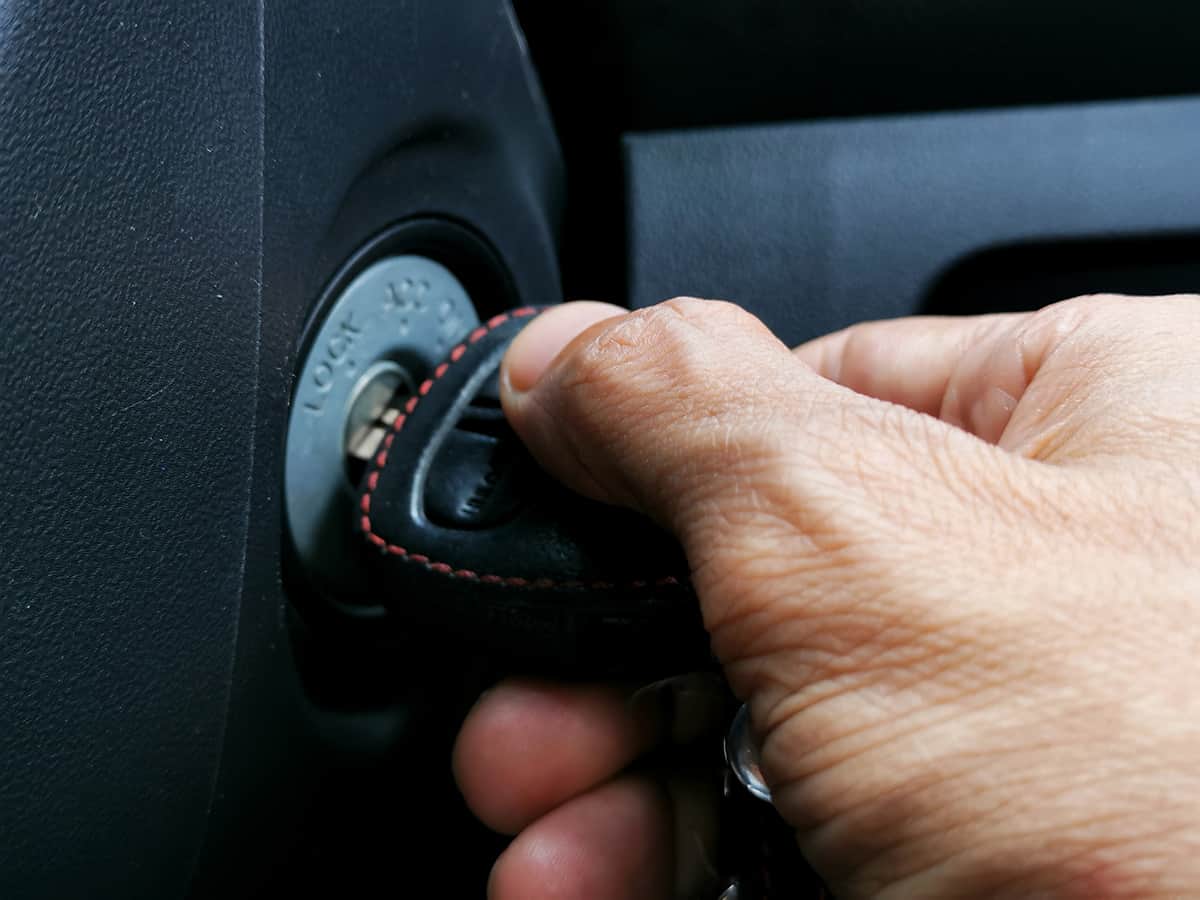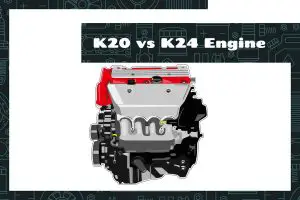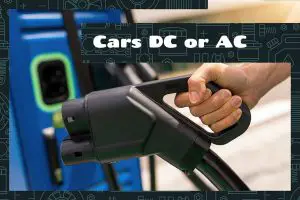Experiencing hesitation when starting your car can be a worrying sign for any motorist. A car’s inability to start immediately may be a symptom of a larger problem. This delay, often characterized by stuttering noises or a period of inactivity before the engine fires up, can stem from various causes.
Car start hesitation can be due to a variety of factors, such as:
- Faulty ignition system
- Fuel system issues
- Battery and charging system malfunctions
- Starter motor problems
- Incorrect engine timing
In this guide, we will learn about the causes and early warning signs of car start hesitation. We will also discuss the tools and procedures for diagnosing this issue and practical solutions to overcome it.
Underlying Causes of Car Start Hesitation

Car start hesitation is a common issue many motorists face, often caused by a multitude of underlying problems in the vehicle’s various systems. These can range from ignition system problems to fuel system issues, battery and charging system faults, starter motor problems, and incorrect engine timing.
1. Ignition System Problems
The ignition system is a crucial component of your vehicle as it ignites the fuel-air mixture in your engine’s cylinders, leading to the combustion that powers your car. If there’s a hiccup here, your car might hesitate or fail to start altogether.
- Faulty Ignition Switch: The ignition switch is where you insert your car key to start the vehicle. If it’s faulty, it may fail to transmit the electrical charge needed to initiate the ignition process, causing a delay or failure in starting your car.
- Spark Plug Deterioration: Spark plugs ignite the fuel within the cylinders. Over time, these plugs can wear out or become coated with carbon deposits, reducing their effectiveness. As a result, the ignition process may become erratic, leading to start hesitation.
2. Fuel System Issues
The fuel system plays an essential role in powering your car. It delivers the right amount of fuel to your vehicle’s engine at the right time. Any disruption in this system can lead to car start hesitation.
- Inadequate Fuel Pressure: For your car’s engine to function properly, the fuel system must maintain a certain pressure level. If this pressure drops due to issues like a malfunctioning fuel pump or a clogged fuel filter, your car might hesitate to start.
- Fuel Injector Malfunction: Fuel injectors spray fuel into the combustion chamber. A faulty injector might not deliver the correct amount of fuel, which can cause car start hesitation or even prevent the car from starting.
3. Battery and Charging System Faults
Your car’s battery and charging system provide the electricity needed for many components, including the ignition and fuel systems. A problem in this area can lead to starting hesitation.
- Weak or Dead Battery: Your car battery provides the initial spark needed to start the vehicle. If the battery is weak or dead, it might not provide enough power, resulting in a delay in starting or a non-starting car.
- Malfunctioning Alternator: The alternator recharges the battery while the car is running. A faulty alternator might not be able to keep the battery charged, leading to start hesitation problems.
4. Problems with the Starter Motor
The starter motor cranks up the engine when you turn the key in the ignition switch. If the starter motor is damaged or malfunctioning, it may cause your car to hesitate or fail to start.
5. Issues with Engine Timing
The engine’s timing system ensures that the internal components move in sync. If this timing is off, it could lead to inefficient combustion, which might result in car start hesitation.
Early Warning Signs of Car Start Hesitation

This problem does not occur out of the blue. Certain signs and symptoms can alert you to the issue, allowing you to address it promptly. These signs include unusual noises, changes in engine performance, and electrical issues.
1. Unusual Noises
- Clicking Sound: A clicking sound when you turn the key can indicate a weak or dying battery. The sound comes from the starter motor trying to engage but not getting enough power from the battery.
- Grinding Noise: A grinding noise during startup often points to a problem with the starter motor or the flywheel ring gear. It could mean that the gears that engage to start the engine are worn out.
- Whining Noise: A high-pitched whining noise that changes pitch with engine speed could suggest a problem with the alternator, particularly if the noise continues after the car has started.
2. Engine Performance
- Difficulty Starting in Cold Weather: If your car struggles to start in cold weather but starts fine when it’s warm, the issue could be with the fuel delivery system. This could point to a problem with the fuel pump, fuel injectors, or even the fuel itself.
- Engine Misfires or Stalls: If your engine frequently misfires or stalls, especially soon after starting, this could indicate an issue with the ignition system. Faulty spark plugs or a malfunctioning ignition coil could be the culprits.
- Poor Fuel Efficiency: If you notice a decrease in fuel efficiency, it might suggest a problem with the fuel system. A faulty fuel pump, clogged fuel injectors, or deteriorated fuel filter can cause the engine to consume more fuel, leading to reduced efficiency.
3. Electrical Issues
- Dim or Flickering Lights: If your car’s lights dim significantly when you’re starting the engine or flicker while you’re driving, this might point to a problem with the battery or alternator.
- Check Engine Light: The check engine light can illuminate for many reasons, including issues related to the engine, fuel system, and ignition system. If this light comes on, it’s essential to have your vehicle checked to pinpoint the cause.
- Difficulty with Electrical Components: Difficulty operating electrical components, such as power windows, radio, or air conditioning, especially when the engine is off, can indicate a weak battery or charging system issue.
Practical Solutions to Car Start Hesitation
By taking corrective measures promptly, you can restore your vehicle’s optimal functioning and prevent further complications. Here’s how you can tackle some of the common causes of car start hesitation.
1. Resolving Ignition System Problems
- Repairing or Replacing the Ignition Switch: If your ignition switch is faulty, you might need to replace it. Consult with a mechanic to determine if a repair is possible.
- Replacing Spark Plugs: If your spark plugs are worn out or covered in carbon deposits, replacing them can often fix car start hesitation. It’s generally recommended to replace spark plugs every 30,000 to 90,000 miles, depending on the type of spark plug and your vehicle’s requirements.
2. Addressing Fuel System Issues
- Checking and Replacing the Fuel Pump or Filter: If your car has inadequate fuel pressure, it could be due to a faulty fuel pump or a clogged fuel filter. These components may need to be checked and replaced as necessary.
- Cleaning or Replacing Fuel Injectors: If your fuel injectors are clogged or faulty, having them professionally cleaned or replaced can often resolve car start hesitation.
3. Fixing Battery and Charging System Faults
- Replacing the Battery: If your car battery is weak or dead, replacing it will typically fix the problem. Car batteries typically last 3 to 5 years but can last longer with proper care.
- Checking and Replacing the Alternator: If your alternator is not charging your battery adequately, it may need to be checked and potentially replaced.
4. Addressing Starter Motor Problems
If the starter motor is the cause of your car’s hesitation to start, it may need to be replaced. A professional mechanic can test the starter motor to determine if it’s the issue and proceed with the necessary repairs or replacement.
5. Correcting Engine Timing Issues
Issues with engine timing can cause car start hesitation. These issues often require professional diagnosis and repair. If you suspect your engine’s timing is off, it’s recommended to take your vehicle to a mechanic for inspection and possible timing belt or chain replacement.
FAQs
1. Can start hesitation damage my car?
Yes, continuous start hesitation can potentially cause damage to your car. This problem can lead to undue wear on the starter motor and other components of the ignition system. If the issue is related to fuel or ignition systems, prolonged hesitation can even cause harm to the engine.
2. How much does it typically cost to fix a car that hesitates to start?
The cost to fix a car that hesitates to start varies greatly depending on the root cause of the problem. If the issue is due to a failing battery, the average cost for a new battery can range from $50 to $200. If the starter motor needs replacing, you can expect to pay anywhere between $300 to $600, including parts and labor.
3. Can a car battery that’s left inactive for a long time lead to start hesitation?
Absolutely, a car battery that’s left inactive for a prolonged period can certainly lead to start hesitation. Batteries naturally discharge, and without the regular recharging that occurs when driving, your battery may not have enough power to start the engine.






